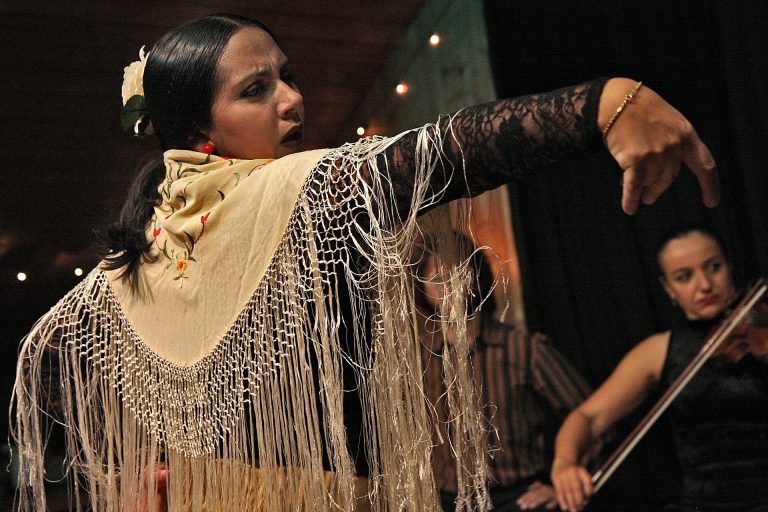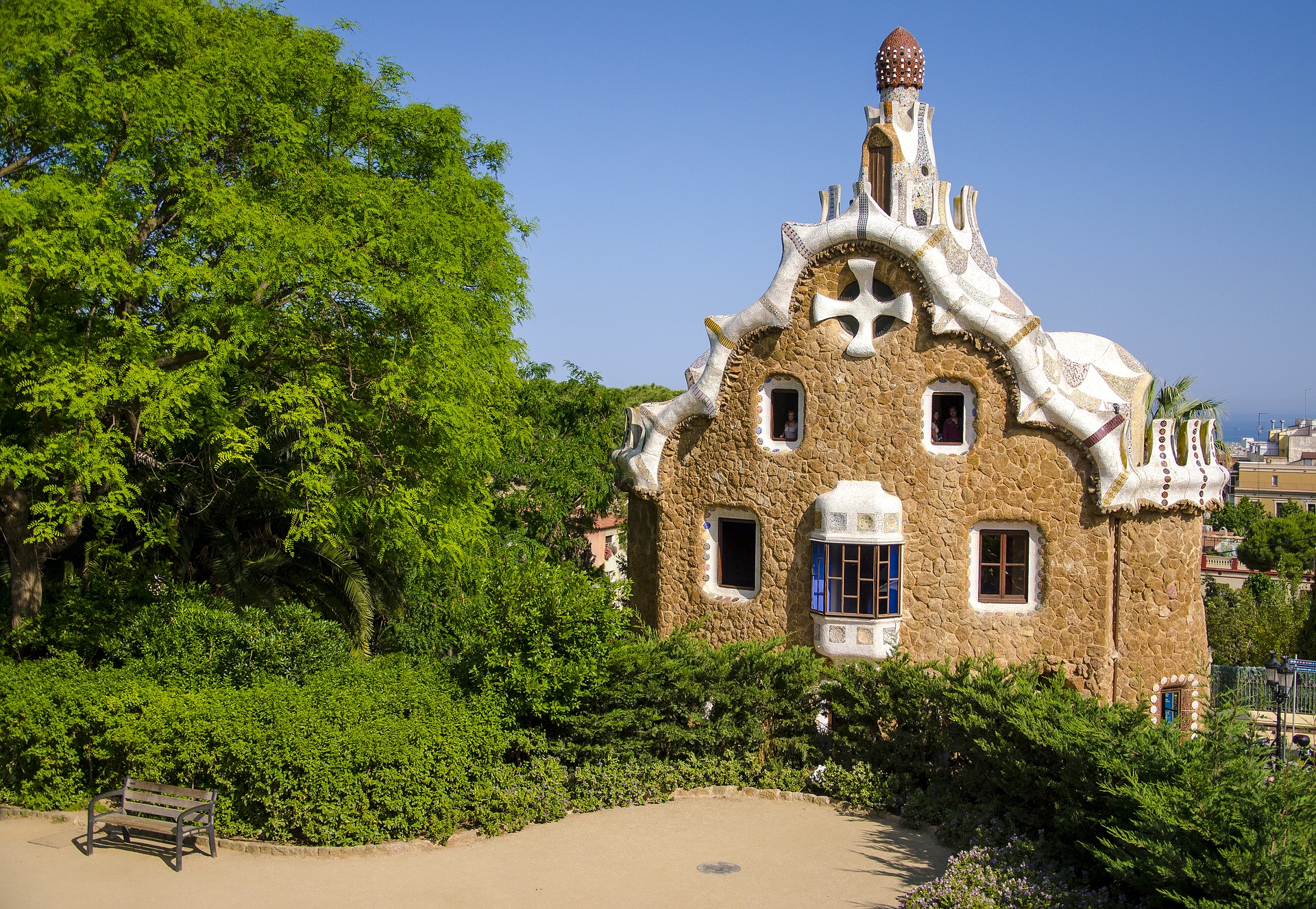____________
Learning about a new country’s culture and etiquette is fascinating and what if this country is Spain! The country is an intricate cultural mix.
Every nation has its own culture and we believe that one should educate himself/herself to the culture and etiquette of that country before visiting it. People of Spain consider themselves Spanish, many also consider themselves Catalans, Basques or Galicians. Notably, the populations least likely to feel Spanish are Catalans and Basques.
Spain is famous around the world for bullfights, guitar, flamenco music and dance, lively festivals, beautiful beaches, and friendly locals. However, we must not forget that Spain has always been one of the cultural centers of Europe for thousands of years.

The country’s official name is the Kingdom of Spain. Spain is a hereditary monarchy; the current monarch is King Felipe VI (since 2014) and his heir is his eldest daughter, Princess Leonor.
Here’s what you need to know about the customs and etiquette in Spain before visiting it:
1. Meeting and Greeting
It is common for Spaniards, if you are meeting them for the first time, to shake their hand. Once a relationship is established, you can move on to hugging a man or kissing a woman on each cheek, starting with the left one.
Never touch or hug Spanish people if you don’t know them well, unless a friendly Spaniard touches you first. Moreover, while entering an elevator, it’s preferable to greet who’s inside with a polite “Buenos Días”.
2. Appearance and Attire
Appearance is very important to the Spanish people. Even for casual occasions, they like being well dressed. Therefore, it is normal to expect business attires to be stylish, yet conservative. For professional settings, men are expected to wear a suit.
On the other hand, for professional women, business casual is the norm. In addition, good shoes are also important in Spain. As the Spanish manufacture high quality leather shoes, they are very conscious about them. Moreover, they particularly scrutinize the cleanliness of the shoes.
However and most importantly, be respectful when visiting churches and cathedrals. Spain is a Catholic country that is much devoted to religion and traditions. Therefore, a decent dressing will facilitate visiting religious sites with much welcoming.

3. Social and Personal Life
Personal space in Spain is trivial. Spaniards generally are outgoing and friendly. It is easy to start a conversation with them at a bar, cafe or even in the street.
Spanish families have traditionally been inseparable. One of the most important aspects of Spanish life is the family; no celebration would be complete without an extended gathering. Consequently, families often still eat lunch at home together.
Likewise, children in Spain are adored and doted upon by parents and extended family. They are raised to have respect for their elders and observe family values. Accordingly, they start learning the culture and etiquette in Spain at a very early age.
You Might Also Be Interested in:
4. Food and Drink
Spain’s rich and varied culinary tradition is famous around the world. Tapas, of course, is the most popular food in Spanish culture. These are mini bites eaten at any hour of the day.
Likewise, their Paella, a recipe with origins in Valencia, is a must try dish. The Spaniards prepare this seafood delicacy the traditional way. Nowadays, you can enjoy this meal in almost all Spanish cities.

Breakfast is usually a light meal, just coffee with pastry. Lunch is the big dish of the day, usually served at 2 pm or 3 pm. It’s a sit-down meal with friends, family or both.
On the other hand, dinner is usually a light meal, especially if Spaniards prepare it at home. Alternatively, they may head out to a bar hop and enjoy Tapas. Lunches/ dinners are a vital part of business. They are actually a good start to establish a friendly relationship.
Spaniards don’t waste food. Therefore, be mindful that it is better to decline food rather than leave it on your plate. Perhaps this is one of the most fundamental rules in culture and etiquette in Spain.
5. Prohibitions:
Do not talk about religion. The Spanish have a strong sense of religious pride.
Do not plan anything for a Tuesday 13th as this is seen as an unlucky date.
Do not discuss the Catalonia separation event unless the Spanish person started the conversation.






